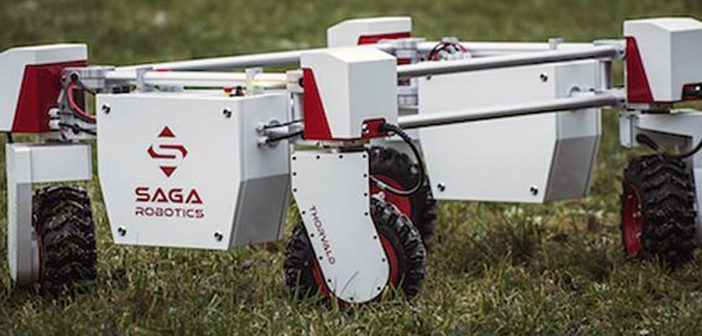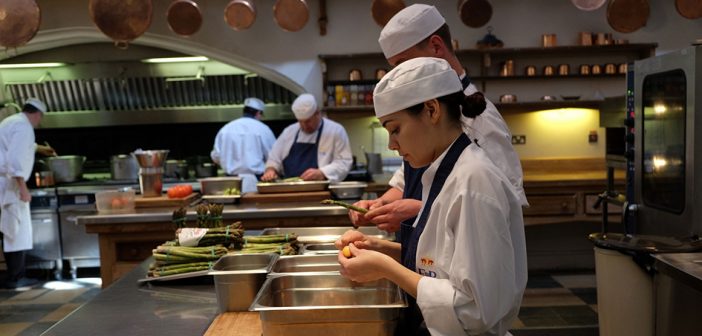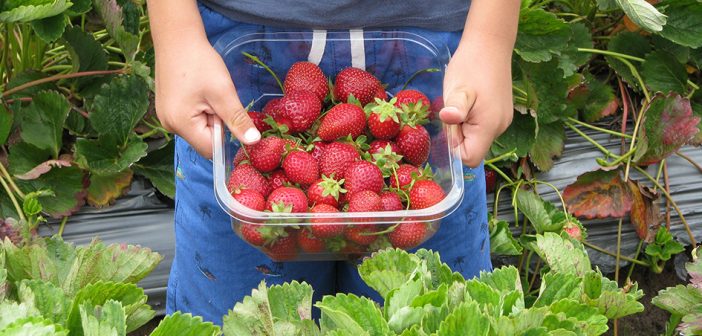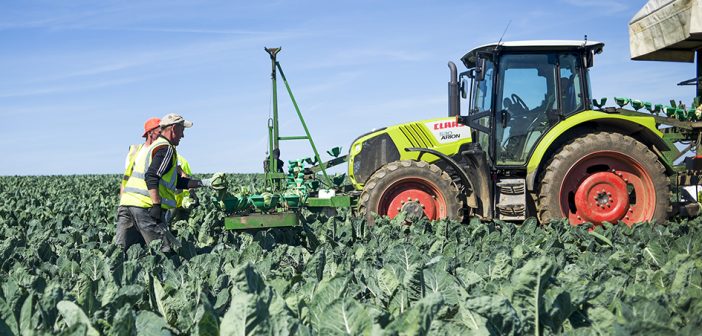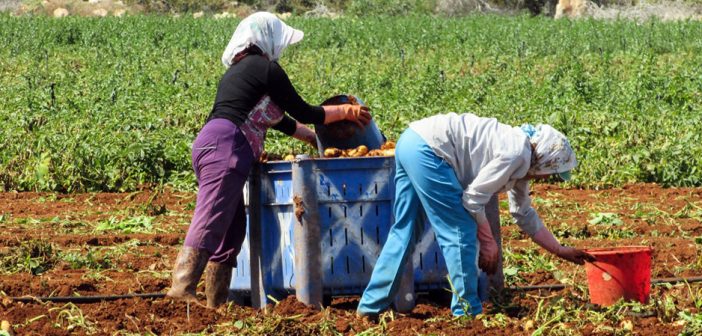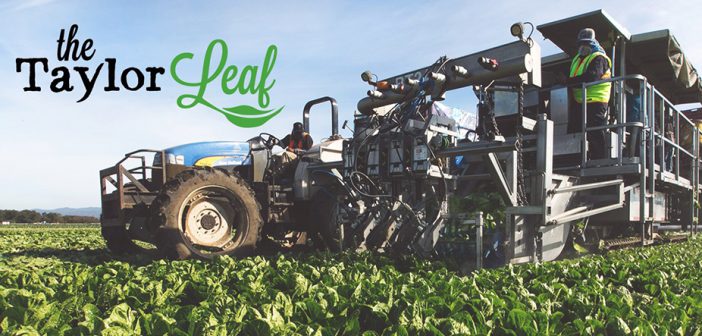Berry Gardens is working with the University of Lincoln and Norway’s Saga Robotics to trial the use of the Thorvald agricultural robot in soft fruit fields and see if it can increase harvest efficiency.
The ‘trailblazing’ project, known as RAS-Berry, has attracted funding from Department for Business, Energy & Industrial Strategy (BEIS). The main use of the robots in the trail is to transport boxes of harvested fruit from the picking- to the collection-point, relieving workers to concentrate on the more difficult task of picking and improving overall harvest efficiency.
Ursula Lidbetter MBE, Chair of the Greater Lincolnshire Local Enterprise Partnership, commented, “Greater Lincolnshire is a major food-producing area, and the agri-food industry is one of our six priority sectors. It’s fantastic to see a Lincolnshire-based project leading the way in AI. This will really put Lincolnshire on the map for developing technologies that can help and support the county’s food producers to grow and innovate.”
Photo Credit: Saga Robotics
The post Berry Gardens begins two year robotics trial appeared first on Hort News on 23 July 2018.